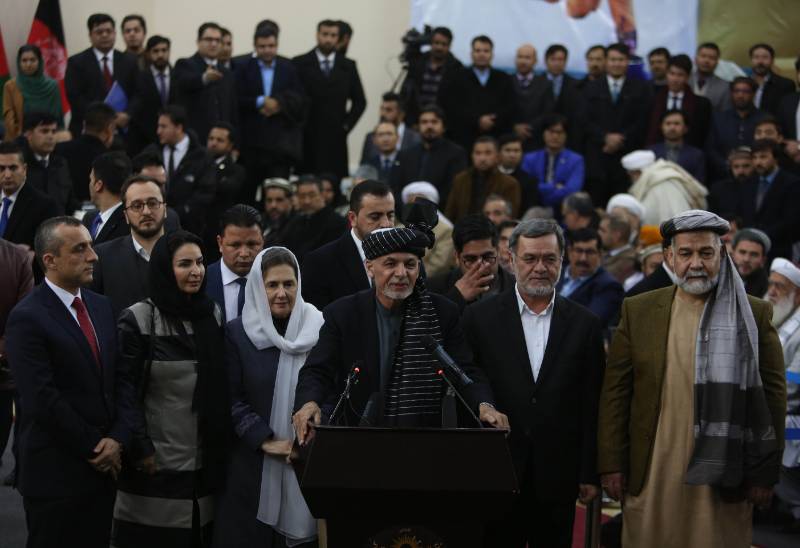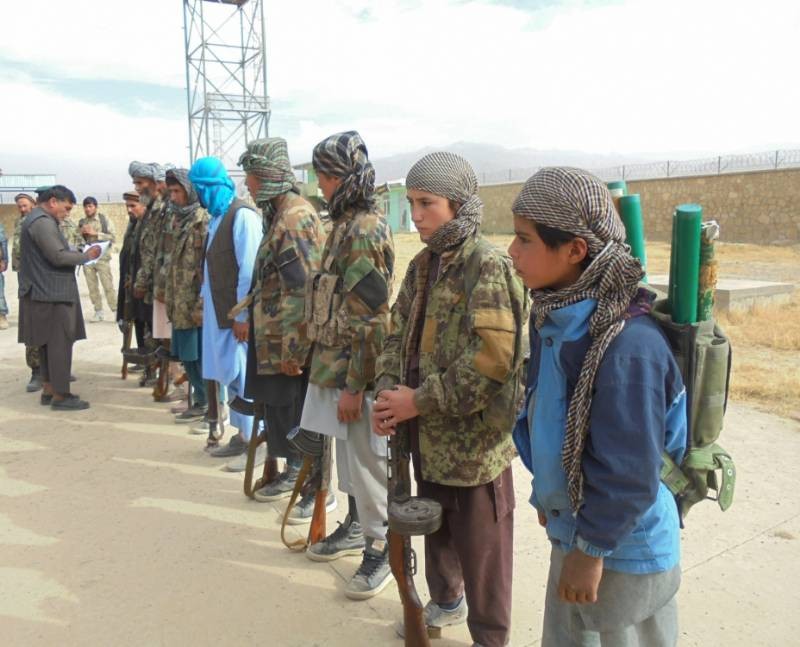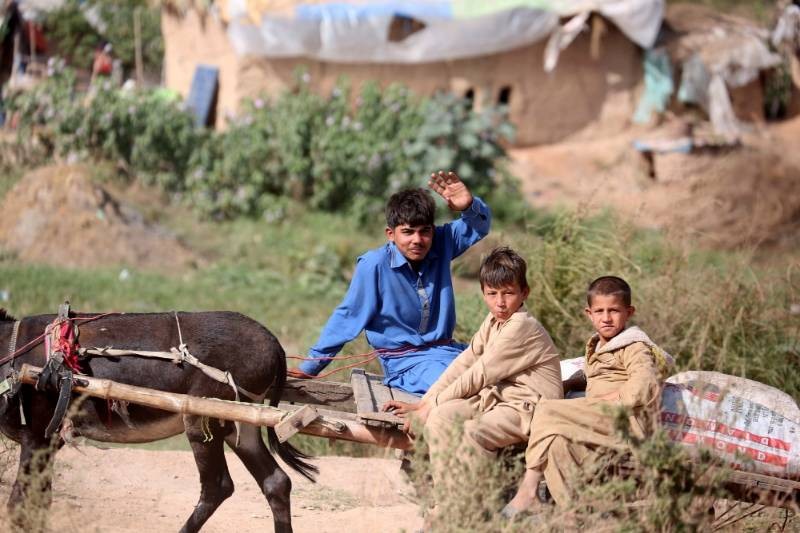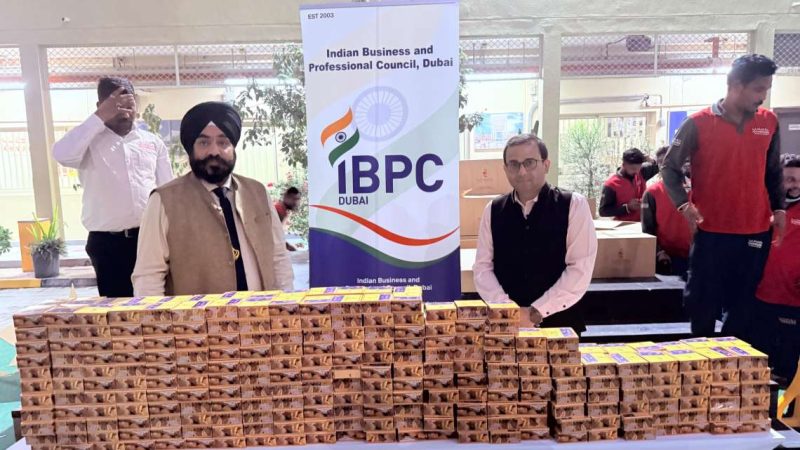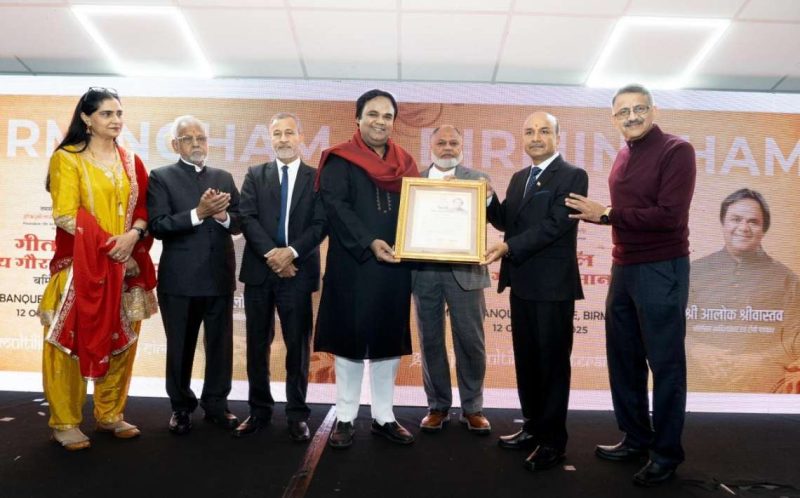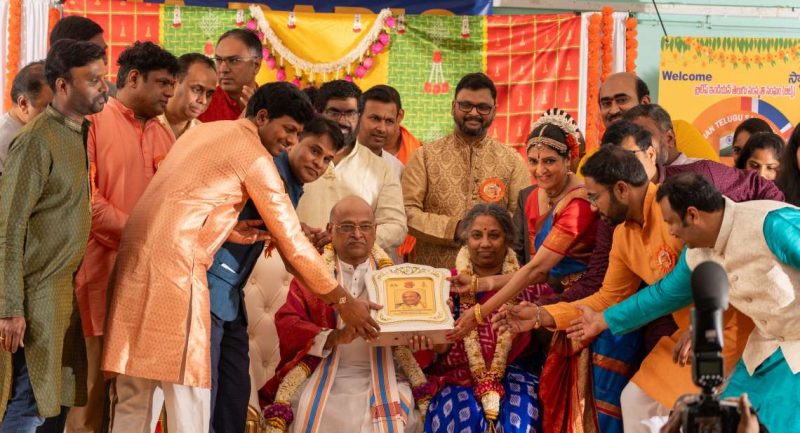Spokesperson Faisal’s remarks that India has no role in Afghanistan, seemingly contradict Pakistan’s Foreign Minister Shah Mehmood Qureshi’s earlier statement in which he acknowledged that India had stakes in Afghanistan and its cooperation was necessary for the peace process…writes Dr Sakariya Kareem

India has no role in Afghanistan, the Pakistan Foreign Office spokesperson has recently said. The spokesperson asserted that Islamabad played a key role in arranging direct talks between the Taliban and the US to find a peaceful solution to the longstanding Afghan problem. Is that the only reason why Pakistan’s sees no role for India or is Islamabad afraid that a more proactive Indian role will sideline Pakistan in Afghanistan?
Mohammad Faisal, the FO spokesperson speaking at a weekly briefing on 17 January 2019, said Pakistan always maintained that the solution to the conflict in Afghanistan lies in an Afghan-led and Afghan owned peace process. Responding to a question on India’s role in the country, Faisal said “India has no role in Afghanistan”. Faisal’s remarks seemingly contradict Pakistan’s Foreign Minister Shah Mehmood Qureshi’s earlier statement in which he acknowledged that India had stakes in Afghanistan and its cooperation was necessary for the peace process.
In response to query from media at Pakistan’s statement that “India has no role in Afghanistan”, the MEA’s Official Spokesperson said: “It is not for Pakistan to decide as to what role another country has in regional or global affairs. Pakistan also cannot decide on behalf of an independent and sovereign country Afghanistan and dictate them as to how to conduct their foreign policy. Pakistan should first and foremost introspect its own role and responsibility in the precarious situation in Afghanistan; put an end to all kind of support to cross border terrorism from territories under Pakistan’s control, and join international efforts to bring inclusive peace to Afghanistan.”

There could not have been a better summary to highlight Pakistan’s role in Afghanistan and puts an immediate end to the unnecessary comments of the Pak Foreign Office spokesperson. Pakistan’s contribution to stability in Afghanistan is zilch. Then why is it so worried about India’s role? In this context, let us look at Pakistan’s role in Afghanistan. Beginning with supporting the US in ensuring the retreat of Soviet forces from Afghanistan, Pakistan continued with its policy of having a friendly government in Kabul, by creating, supporting and arming numerous mujahideen groups. Subsequently, they gave them all up for the Taliban. This is the force which is at the forefront of the confrontation with the Afghan state and threatens regional stability.
Pakistan’s export of terror from its soil has not been restricted to the Taliban. It promoted the Haqqani Network to work as a counter-force to the Taliban and eventually got the HN integrated with the Taliban. Apart from this, cadres of the LET and JeM are frequently seen operating alongside Taliban, in their effort to capture territory inside Afghanistan. Pakistan and its proxies have done everything to disrupt India’s efforts to bring peace and stability to Afghanistan. This has included targeting Indian assets in Afghanistan, including Missions, hospitals and most recently Indian citizens who are working in Afghanistan.
Pakistan’s ISI has used every trick in the trade to keep Afghanistan on its side; at times it appears Pakistan wants to control the government in Afghanistan. This by the way is true as Pakistan’s actions have always looked to installing a pliant administration in Kabul, which would do its bidding. That said, one must also recognise that Pakistan, by virtue of its past sins in Afghanistan, does have a role in Afghanistan. It is the positive role towards lasting peace in Afghanistan that the world expects Pakistan to act for. By itself, this is an easy task for the only thing that Pakistan has to do is to get the Taliban to talk to the Afghanistan government and arrive at a settlement of their disputes. Unfortunately, life is not as simple as that.
With other players in the fray, including the US and Russia, Pakistan is involved in other aspects of Afghanistan, beyond its control. For instance, at this juncture, with bilateral relations with the US at a new low, Pakistan wants to extract maximum mileage from its control over the Taliban in exchange for US aid and assistance. The US on the other hand, does not want to give that leverage to Pakistan and has made aid contingent on deliverables on the Taliban talks. That too is currently faltering as the main issue about continued US presence in Afghanistan remains contentious. This combined with the Taliban’s reluctance to engage with the Afghan Government under President Ashraf Ghani makes the problem more intractable.

What has India done in Afghanistan thus far that appears to have got Pakistan’s goat? India has in its good sense, invested time and money in the Afghan people and that is why Afghanistan is grateful. Investments to the tune of US$ 3 billion have made the Indian presence quite tangible. India has not only provided aid and assistance to Afghanistan, but has also given it connectivity to the outside world through the port of Chabahar in Iran. This is something Pakistan has resisted for long and continues to do so. India’s contribution should be seen as a force multiplier and does not require boots on the ground. The mere presence of India in Afghanistan provides Pakistan the jitters. The stakes for Pakistan are obviously high, or else they would not oppose India’s presence so vehemently.
These are issue of geo-politics which Pakistan understands and that is precisely why it has used the Taliban as a force multiplier in its favour. Despite that US pressure continues to mount to make sure that US-Taliban talks work out. Pakistan hopes to tilt the scales in its favour by getting the Taliban to work out terms and conditions of a US withdrawal from Afghanistan. The US on the other hand, would like to work out the modality whereby it can maintain a minimum force level in Afghanistan, while it withdraws its other forces. India needs to calibrate its strategy in the light of recent events, while maintaining its long-term engagement in Afghanistan. This could factor in a withdrawal of US troops from Afghanistan while ensuring that Pakistan does not make maximum gains from its control over the Taliban. The moot question is how best to obtain this situation without putting boots on the ground!


